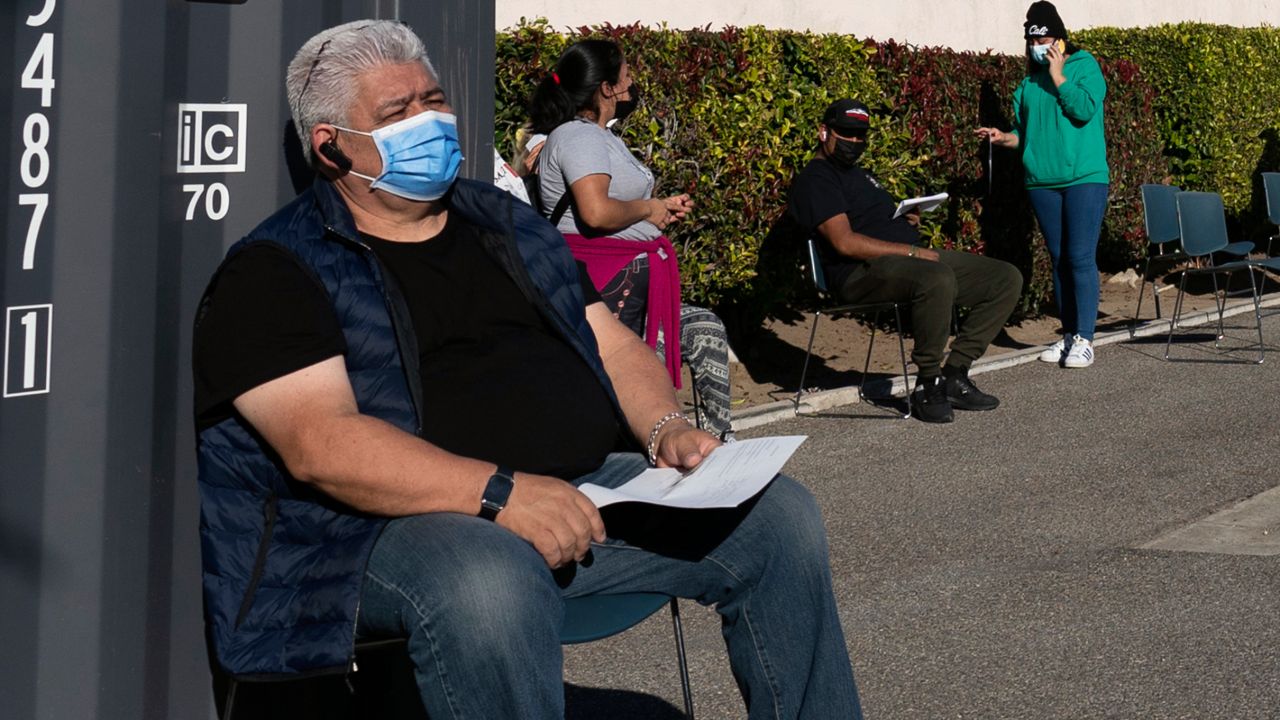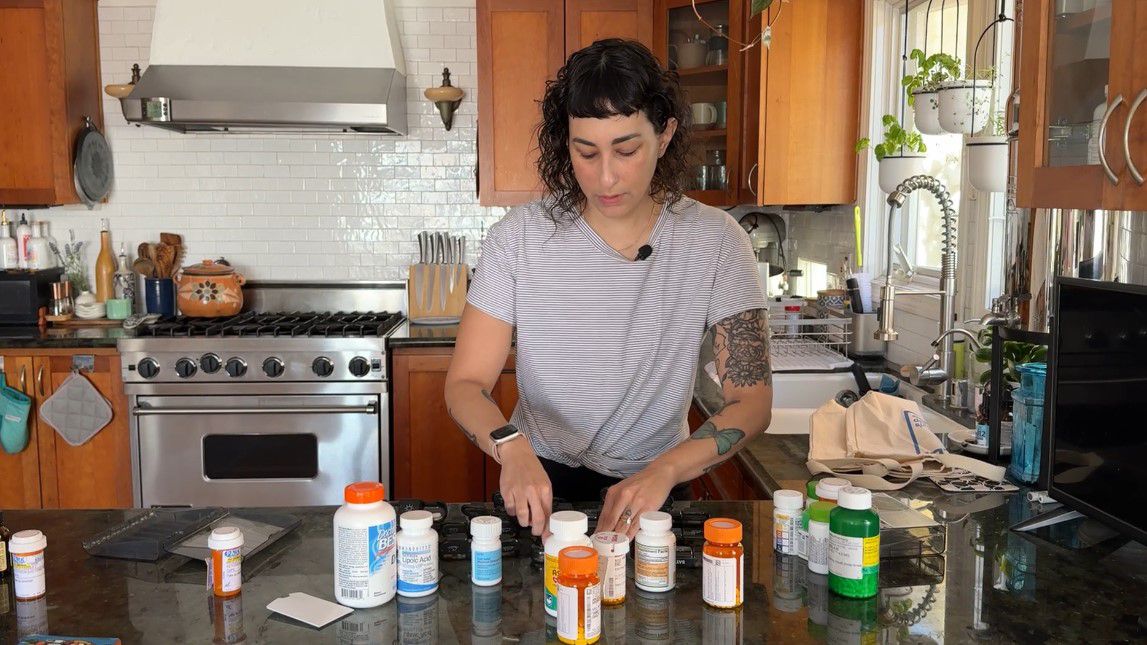SANTA ANA, Calif. (CNS) — Orange County's COVID-19 hospitalizations fell by 19 people to 77, according to the latest state figures out Saturday.
The number of those patients in intensive care was 14, the same as Friday.
"I'm liking what I'm seeing ... I haven't seen numbers that low in a long time," Andrew Noymer, an epidemiologist and UC Irvine professor of population health and disease prevention, told City News Service on Friday.
Sprinkling some caution into the mix, Noymer said the highly contagious BA.2 omicron subvariant could drive another surge.
"BA.2 is on the way, so buckle your seat belts," he said. Scientists monitoring wastewater have seen "some upticks and that's a leading indicator, so I wouldn't put my feet up quite yet," he added.
On Friday, the Orange County Health Care Agency reported 159 new infections and two more fatalities associated with the virus, both of which occurred in February. That brought the county's cumulative totals to 547,126 cases and 6,886 deaths since the pandemic began.
The OCHCA does not report COVID data on weekends.
Of those hospitalized with the virus, 84% are unvaccinated and 86% percent of those in intensive care were not inoculated, according to the OCHCA.
Health officials have said that the vast majority of people who die of COVID complications have underlying conditions, mainly hypertension, diabetes and heart disease.
The county's case rate per 100,000 people ticked up from 3.3 to 3.4 as of Friday. The testing positivity rate remained at 1.8% overall and in the health equity quartile, which measures underserved communities hardest hit by the pandemic, the OCHCA said.










